Rick Wakeman's 10 favourite prog-rock albums of all time
The keyboard legend chooses his ultimate progressive opuses
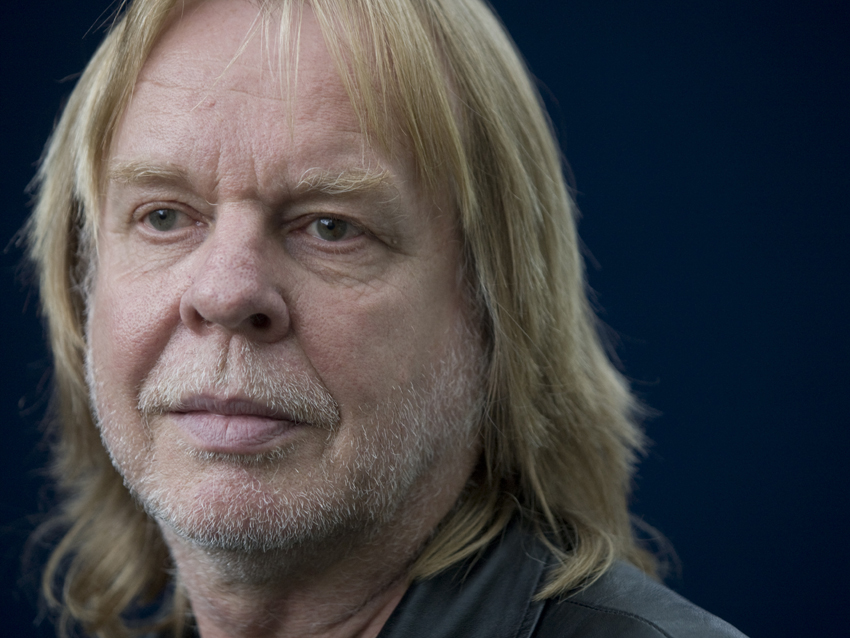
Journey to the centre of his thoughts
“I learned an invaluable lesson from a kid in Argentina when we were playing Buenos Aires in 2002.” says former Yes man and all-round keyboard legend Rick Wakeman. “I came out of the hotel and this 16-year-old-boy asked me to sign his copy of my Six Wives of Henry VIII album. As I was signing it I asked him ‘what does a 16 year-old like about this old music?’ and he looked at me, quite hurt, and said, ‘it might be old to you, Mr Wakeman, but I only heard it for the first time last week. When you hear something for the first time, it’s new.’ I’ve never forgotten that.”
One of prog’s undisputed doyens, Wakeman’s contribution to the genre is immeasurable. Ever seeking to expand his sonic repertoire, Wakeman became a respected confidante and adviser of all the prime movers in early synthesizer development, which gave rise to an amazing piece of networking.
“My proudest moment was introducing Bob Moog to Katoh San [founder of synth behemoth Korg] at the Frankfurt music fair… it was like putting two lovers together!” Rick explains. “Neither of them could see their own importance in the synthesizer world; they were both famous in their own right whereas they both considered themselves quite insignificant.
“It was ridiculous: here were these two guys who changed the face of keyboards - and music in many respects - and they were terrified to meet one another as they thought the other wouldn’t be interested. Bless them - both no longer with us”
Classic Rock’s exclusive Fanpack release of Rick Wakeman’s re-recorded solo masterpiece, Journey To The Centre Of The Earth, was only made possible by another synchronicitous tale of a long-lost musical score found coupled with some intensive restoration work.
“The last performance, I think, was in 1979, and just after that I signed to MAM management, which later folded,” Rick tells us. “In about 1983 I got a request to tour Journey in South America. All my stuff had been in storage with MAM and we couldn’t locate any of it and were told most of the storage stuff had been skipped, which was horrendous.
“Back then, of course, everything was done by hand - the music was copied by hand - so what there was was all gone. I got asked numerous times over the years to perform Journey but we couldn’t do it.”
Surely a full-stop end to the story but, as Rick reveals, there was a happy ending.
“In 2008 a huge cardboard packing case arrived at the house, which sat in my garage for about five months before I took it out. It was full of music but none of it was mine. It was incredibly badly water-damaged but something made me keep going through it and the hairs on the back of my neck stood up when I reached the bottom and saw a grey, gaffa-taped cover that we’d put on the conductor’s score of Journey. I knew straight away what it was - I was, quite literally, shell-shocked.”
After passing the find on to friend and musicologist Guy Protheroe, there then followed almost a year’s worth of work to restore and digitise the score.
How was the original version of Journey to the Centre of the Earth recorded, though? Did Rick have a lot of studio gear to work with back in 1974?
“I did the whole demo on a Revox reel-to-reel, a Fender Rhodes with a Clavinet on top of it and a Mellotron at its side,” he recalls. “It was just a case of bouncing tracks on the Revox and doing a rough guide of what would be happening musically then adding a very rough vocal track myself and adding spoken guides like ‘narration 1 starts here’ on the tape.”
How does Rick feel, then, about the influence of prog and its recent resurgence? “I think the fact that, if you listen to the music from the ‘60s that prog followed on from, the songs then were very formatted. To a large extent it was ‘intro-verse-verse-chorus-verse-solo-chorus-fade-out’. All prog did was to say, “we’re not going to do that… we’re going to break the rules and if we feel like doing something, then we’re going to do it.
“What’s happened over the years is that there’s now a little bit of prog in almost everything. So it’s had an influence.”
Indeed it has, but which of the great prog rock albums does Rick Wakeman consider to be the best? You’re about to find out.
NEXT: Rick Wakeman’s 10 favourite prog-rock albums of all time
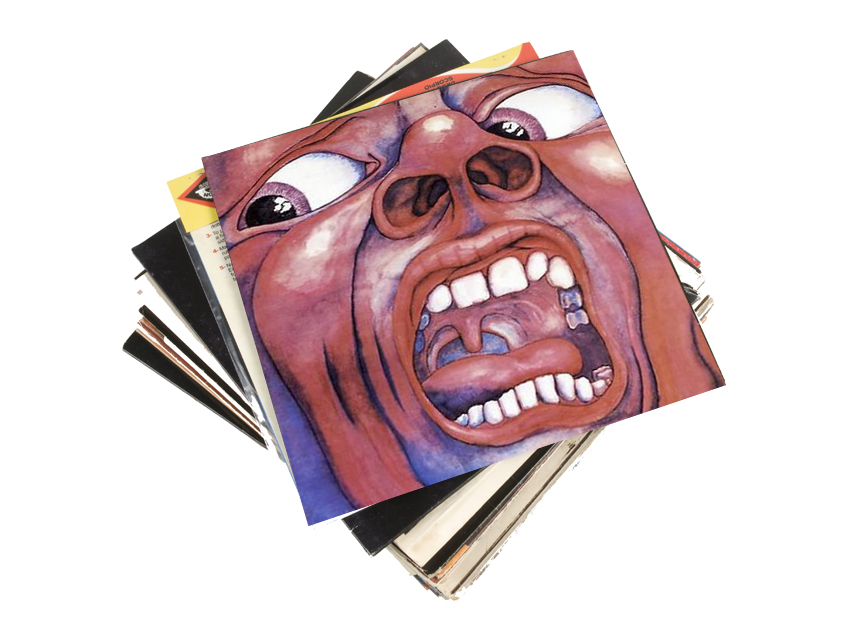
King Crimson - In The Court Of The Crimson King
“I have absolutely no doubt about choosing this one as it was just light years ahead of its time. It’s distorted to fuck when you listen to it because of the limitations of how it was recorded but it was such a game-changing album.
“I still see his Lordship every once in a while and I said to him recently, ‘Robert, if you announced that you were going to do Court of The Crimson King in its entirety live, you’d sell out the O2!’. I’d be first in the queue. Robert’s always been a future man, though, and doesn’t really want to look back.”
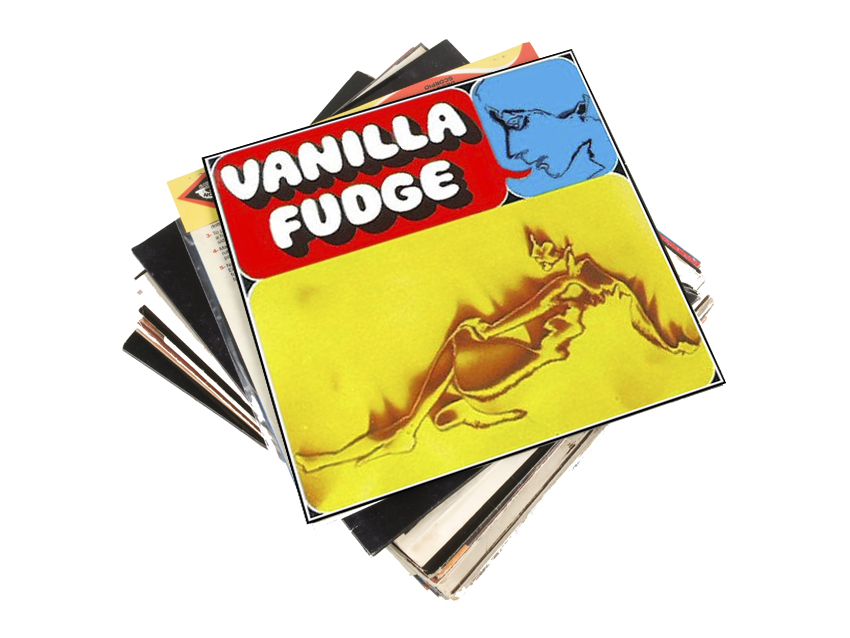
Vanilla Fudge - Vanilla Fudge
“Their very first album was, again, just way ahead of its time. I remember buying it and loving it then I remember buying their next albums and they were rubbish! Normally it’s the other way around and you get to the third album and that’s the pivotal creative statement but, with them, it’s the first album that’s tremendous and I don’t know what happened to them after it!
“It was also a little unfortunate timing; when it came out in the ‘60s it just seemed to disappear.”
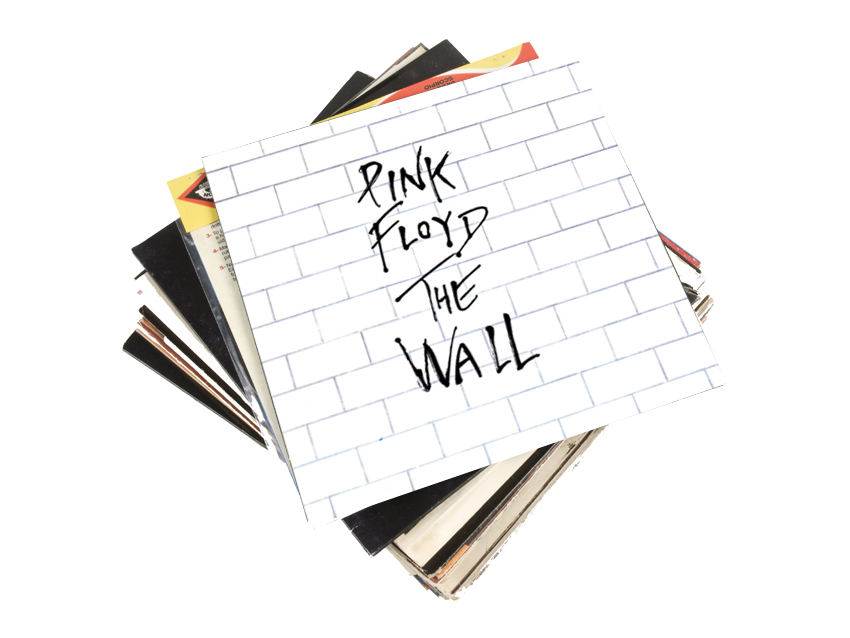
Pink Floyd - The Wall
“Again, it’s how much is ‘prog’ and how much is whatever you like to call it but, because of the concept (and I like conceptual stuff) The Wall was a stroke of genius.
One of the most interesting things was that because they had thrown in a commercial track like Another Brick In The Wall which was a big hit that drew a lot of people to the album that wouldn’t necessarily have gone there otherwise. Whether deliberate or not I thought it was a masterstroke… almost as good as unfastening the giant pig from Battersea Power Station!”
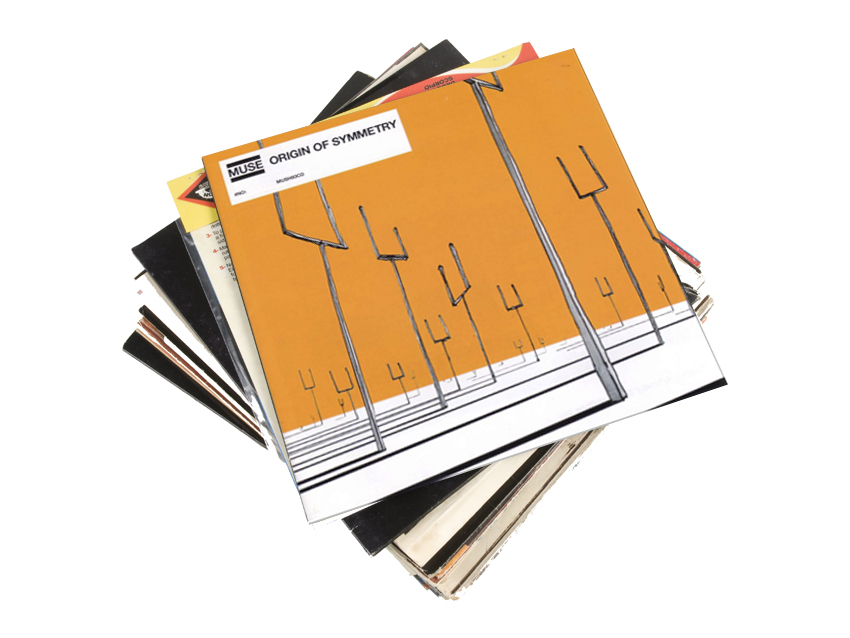
Muse - The Origin Of Symmetry
“First time I heard this was when John Sugar was putting together 6Music and they were doing trial programmes. John had previously had a company called Wise Buddha who I used to do a lot of voiceovers for to go out on Radio 2 and the World Service.
“He asked me to do one of their test programmes and he let me hear Muse and I thought, ‘Oh boy… I like this’. I thought at the time that, if they could avoid being influenced by their record company then they’d do some amazing stuff. It was interesting to follow them and see how they developed.”
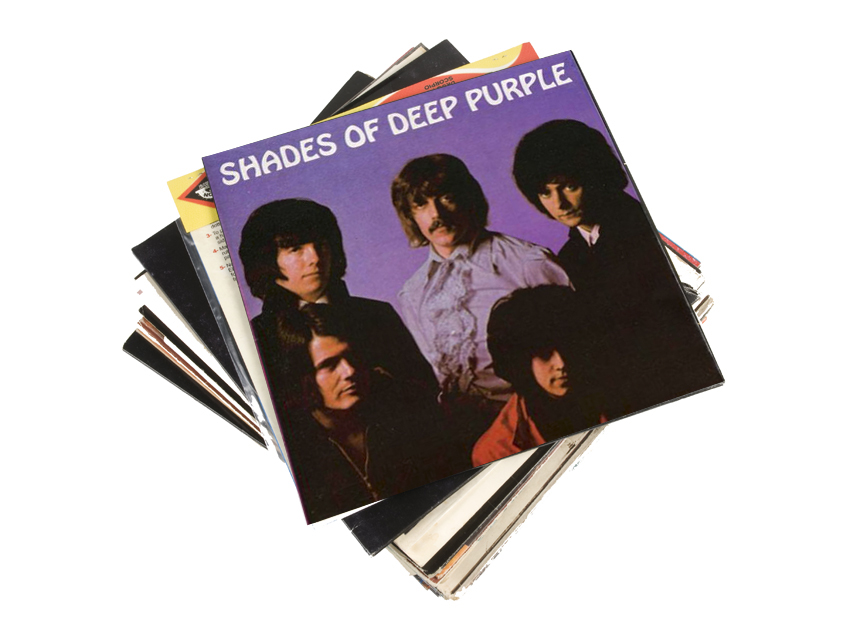
Deep Purple - Shades of Deep Purple
“I consider this to be a prog album. When you listen to what they did with tracks like Help and when you hear what Jon Lord did with the Leslie… that’s prog. Taking something and making it into a different animal; taking a piece like Help and shaping it into something completely different to how it was.
“They did it with some of the other tracks on the album too, which they could do with Jon and Richie [Blackmore] being such phenomenal players and Ian [Paice] being a drummer in the mould of Bill Bruford - I consider them both to be technically brilliant drummers. I know they moved slightly more towards rock afterwards but Shades was a truly pivotal album.”
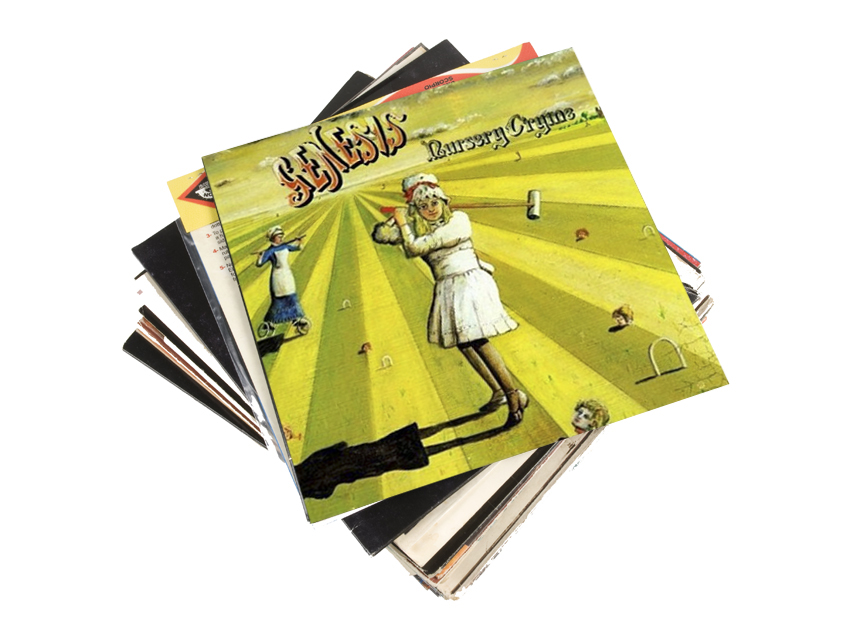
Genesis - Nursery Cryme
“This was their first album with Steve Hackett and it was important to what direction they were going to go in as a band. They could so easily have gone in a Yes direction but instead they went on from here more into the song format. Nursery Cryme remains a very interesting album musically.”
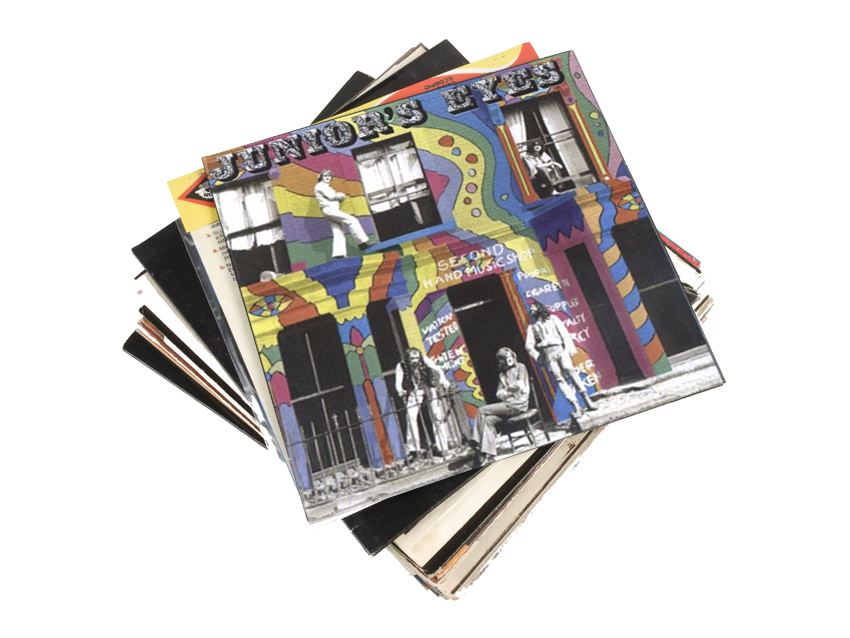
Junior's Eyes - Battersea Power Station
“I was thinking of going with something a little more modern with The Mars Volta but I decided to choose this one.
Junior’s Eyes only did one album and it was overlooked, although it has been re-released and it’s become one of those cult albums. It was produced by Tony Visconti in 1969 when prog-rock didn’t really exist as such but they didn’t fit in with anything that was happening at that time.
“They took basic things like a 12-bar groove and just made it different. I think they did a few gigs but I just don’t think people were ready for them. We hadn’t quite reached the stage where people just wanted to listen to bands instead of dancing to them so there wasn’t a home for them. I have no idea what happened to any of the guys from the band but this is a great album.”
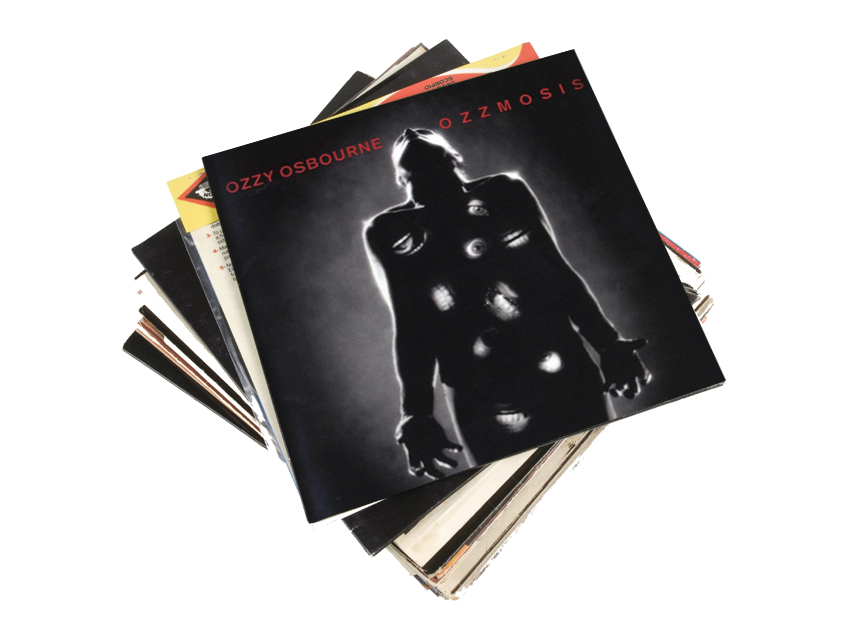
Ozzy Osbourne - Ozzmosis
“This is an album I played on but I can assure you it’s not why I picked it. It’s what I lovingly call a prog-metal album. We’d been mates for donkey’s years and when I was in New York while we were making this Ozzy said he had quite a few Mellotron bits for me to do.
“The first track we did was Perry Mason and Ozzy knew exactly how he wanted it to sound and I told him that it sounded very prog. At that time, for metal bands, the thought of having a keyboard anywhere near them was unheard of. I told Ozzy I couldn’t believe he was making a concept album and he laughed and said, ‘Well we can now!’
“Ozzy is very bright and switched on. He was there when everyone was putting their parts down and would ask people to play things a certain way or change things slightly to get the sound he wanted. He’d had 8-track heads built to fit on a 24-track tape-machine to record the drums with because he wanted that fat sound. I was very, very impressed with how hands-on Ozzy was - he’s a damn sight cleverer than anyone would ever give him credit for.”
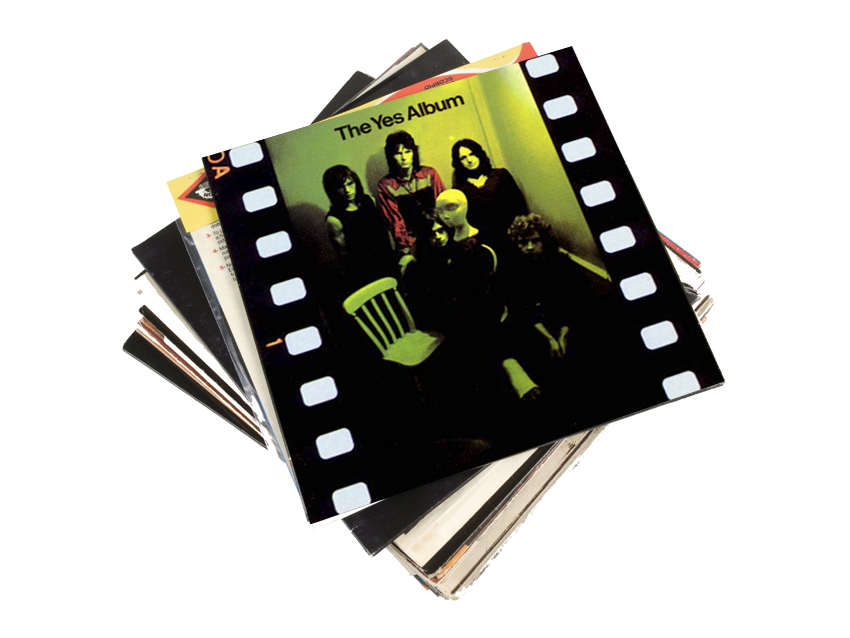
Yes - The Yes Album
“I wasn’t on this one but it’s a similar thing to what I said about Genesis previously as to what direction the band was going to take with tracks like Starship Trooper and Yours Is No Disgrace. Genesis turned one way at the junction and Yes turned the other way, which was quite a brave thing to do at the time as prog-rock/orchestral-rock - call it what you will - still hadn’t crossed over from being underground.
“In that respect I think this was a very important album for Yes. The previous albums had Beatles covers on the - Time And A Word was even almost folky in some areas - so The Yes Album was a very brave step to take things to the next level.”
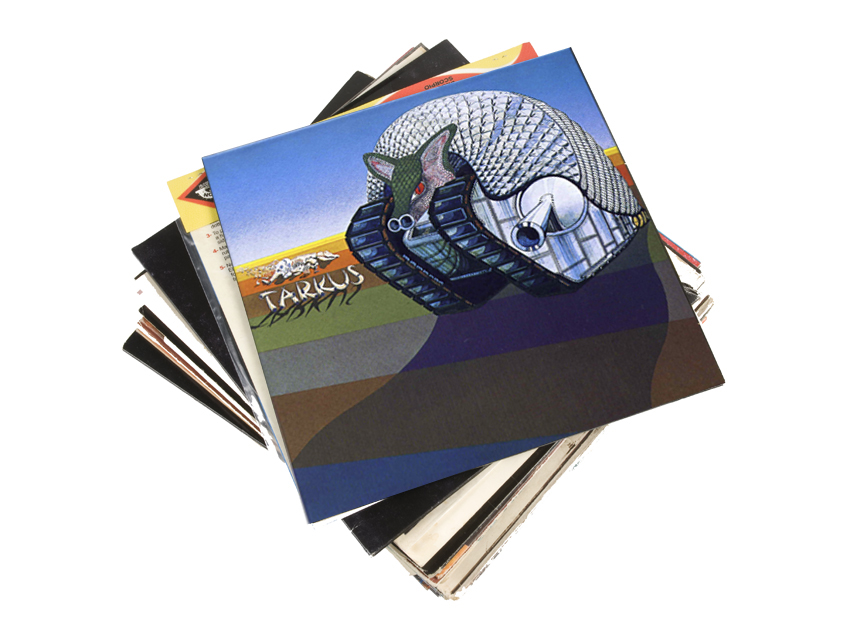
Emerson, Lake and Palmer - Tarkus
“Keith Emerson is a great friend and, again, somebody who didn’t listen to what other people said and just did what he wanted to do: if you didn’t like it, tough shit! That’s why he’s made so many good albums, really.
“The two guys that took the Hammond organ to their own new levels were Keith and Jon Lord. The tragedy was that, last year, the three of us planned to play together for the Sunflower Jam at the Albert Hall. Keith had a medical problem with his hand and couldn’t do it so I ended up doing it with Jon and we all said we’d just have to do it the next year. Sadly, now, we’ve lost Jon. I miss Jon greatly.”